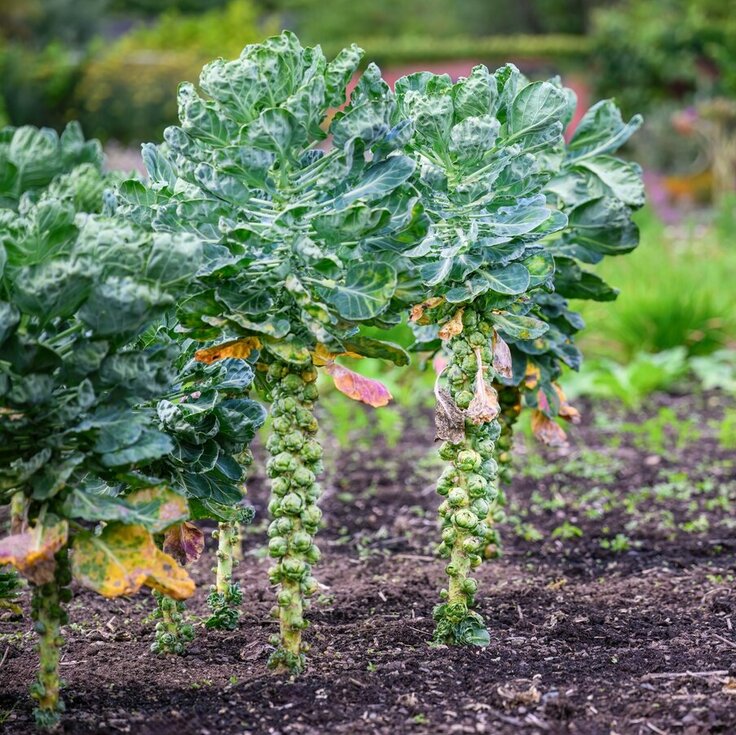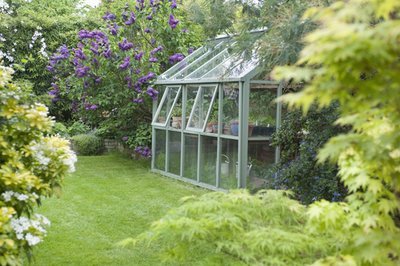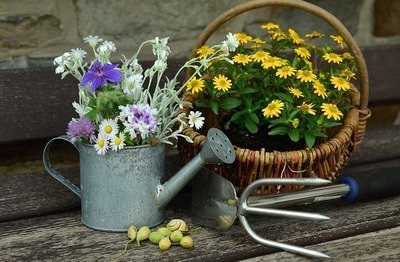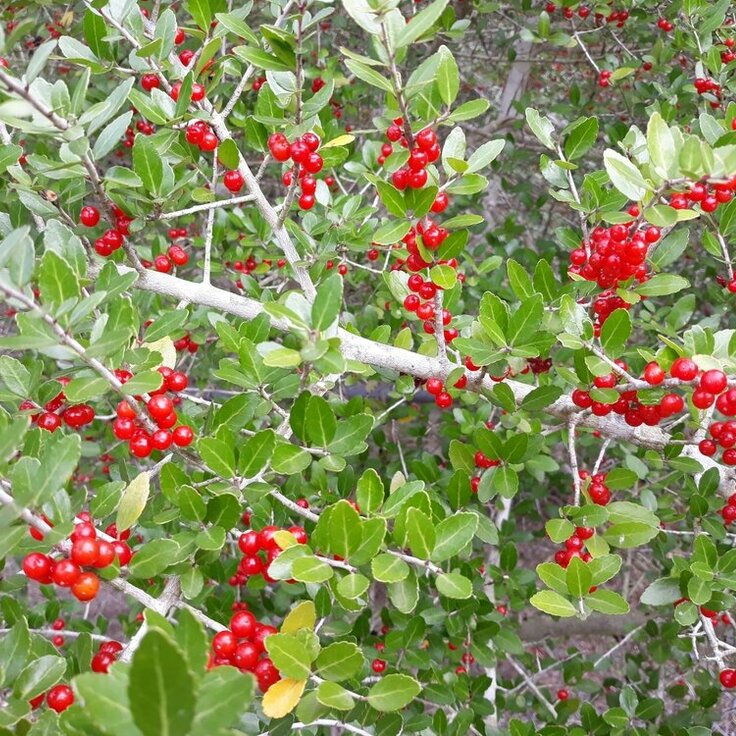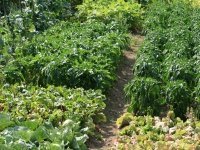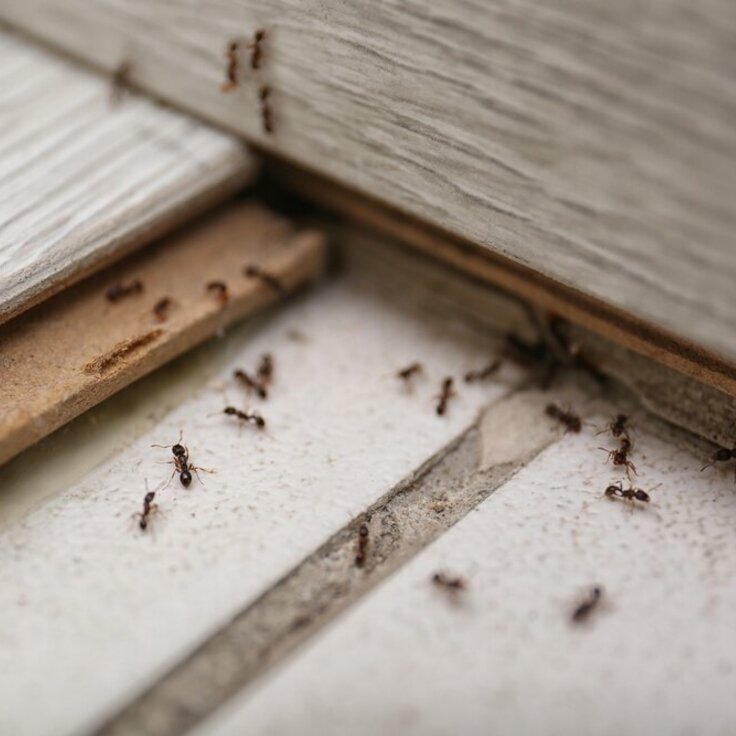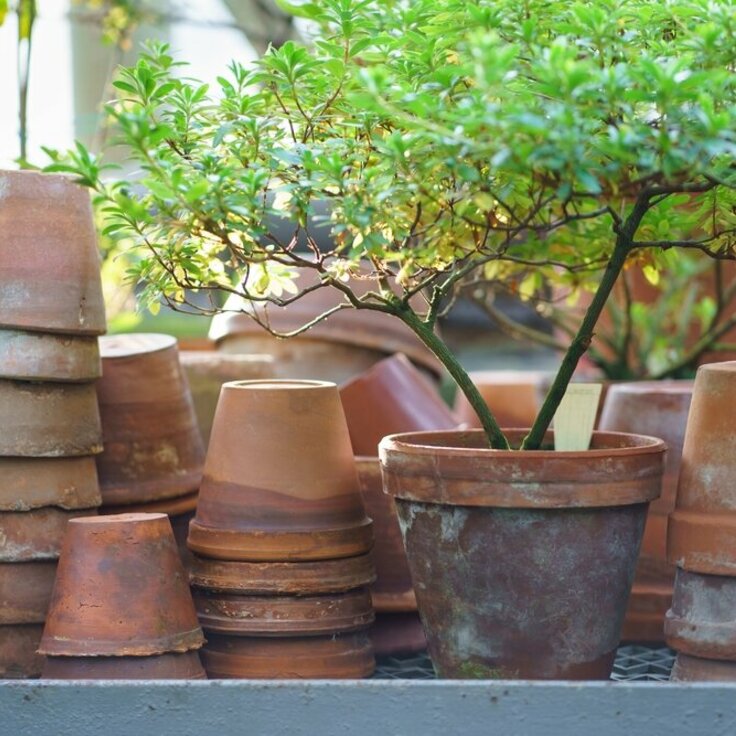Are wi-fi signals killing trees?
Scientists are trying to find out if radiation from wireless internet networks (wi-fi) is harming trees in our streets and gardens.
Trees planted close to wireless routers in the city of Alphen aan den Rijn, in Holland, appeared to be suffering from bleeding bark and dying leaves.
Dutch scientists at Wageningen University are due to publish results of their probe in February – but elements of the research have been leaked to the media.
Boffins exposed plants and trees to radio signals from wireless routers. Twenty ash trees were exposed to six sources of wi-fi radiation for three months.
Some trees placed closet to the wi-fi source developed a shine on their leaves, possibly due to the leaf’s skin dying. It is also reported that wi-fi radiation appeared to slow the growth of corn cobs. However, in both cases, it remains to be proven if this was due to wi-fi radiation or other plant diseases.
In the Netherlands, 70 per cent of trees in urban areas are exhibiting similar symptoms, compared with 10 per cent when a similar tree health experiment was carried out five years ago. Trees in heavily forested areas, away from sources of wi-fi, were reported to not be affected.
Royal Horticultural Society chief advisor Guy Barter, examined the research report at AG’s request. He said: “The RHS doubts that there is any cause for concern in everyday gardening situations. RHS scientists will monitor developments and ensure gardeners are kept well informed.
Director of the Arboricultural Association, Nick Eden, said: “I am unaware if the frequency of tree problems increases near wifi. While I do hear of trees with these symptoms [bleeding bark and dying leaves], I am not aware of research that has linked it to wifi.”
WageningenUniversitysaid it had only produced initial findings that had not been confirmed by a repeat study. A statement said: “There are no far-reaching conclusions. Based on the information now available, it cannot be concluded that wi-fi radio signals lead to damage to trees or other plants.”
Article supplied by Amatuer Gardening magazine

